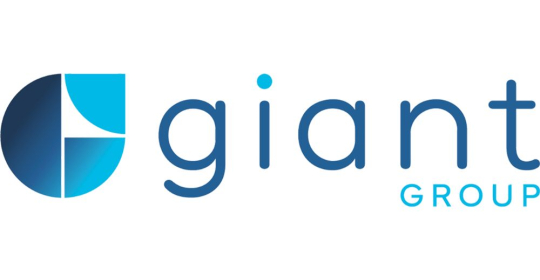Job Bounties (www.jobbounties.com) launches on 14th November 2012 as the first ever social recruitment marketplace, where each job listed offers the opportunity for a cash ‘bounty’. The new service by recruitment entrepreneur, James Uffindell, aims to establish itself as the UK's leading referral site. Turning the traditional recruitment model on its head, Job Bounties is set to disrupt the recruitment industry by reducing talent acquisition costs down to the true market value for that vacancy.
Using jobbounties.com, firms post a job, set their bounty at the amount they are willing to pay to get the right candidate, and only pay the bounty if and when that candidate is made an offer of employment through Job Bounties; either through a recommendation (a friend/contact) or direct application (personal). The ‘bounty hunters’ receive their reward – a 50% cut of the agreed bounty fee – when the friend they recommend for a job (or they themself) starts the job.
To ensure early uptake of the service, James Uffindell plans to offer double-bounties – effectively 100% of the vacancy market value – from launch on 14th November 2012 through to the end of the New Year job hunt season on 31st January 2013.
Social Recruitment 2.0
Job Bounties takes the concept of social recruitment popularised by businesses such as LinkedIn, and introduces a new ‘marketplace’ style business model for the recruitment industry.
James Uffindell has built his career as a prominent advocate of employee referrals and the power they can weald when combined with Social Media. In the US, social media accounts for 16% of all hires and one in six people claim to have got their job through Facebook[1], suggesting there is demand for a new generation of recruitment services.
Job Bounties Founder and CEO, James Uffindell said: “Recruitment is inherently social, but the recruitment industry is the last established sector to have been truly affected by the web. Everyone is talking about social recruitment but no one has linked up the economics of job referrals or promoted the transparency of the marketplace.”
Recruitment with true market value
Jobbounties.com’s James Uffindell believes companies are being denied access to candidates because the current job hire process is too expensive. A recent annual study showed UK talent acquisition costs £5,311[2] per hire - more than double the average cost than in the US[3]. There was also a 14% rise of in-house recruitment staff in 2011[4], suggesting a shift is taking place to in-house recruitment teams who are being tasked to source candidate directly, rather than use traditional agencies. Using Job Bounties, businesses and job seekers only pay if they hire a candidate, at a true market value for that vacancy.
James Uffindell comments: “The UK is in a unique situation where there are record employment rates and unemployment levels at the same time. As businesses look to save costs while still desiring the best candidates, the current route to market is dictated by recruitment consultants setting artificial prices to find candidates. Job Bounties allows you to head-hunt your friends and contacts, and be rewarded for who you know, removing the middle men between firms accessing job seekers at their true market value.”
James believes the peer-to-peer platform for his service is hugely scalable, across all levels of business and industry. Job Bounties has already attracted experienced technology and recruitment expertise with the VC and former chairman of Sage, Michael Jackson, and Zach Miles, a former CEO of Vedior, the recruitment company that was acquired for €3.5 billion by Randstad, on the company’s Board.
Focusing on the London market during the initial launch phase, Jobbounties.com aims to be a nationwide service. The core bounty markets will initially focus on Financial Services, Consulting, FMCG and retail, Digital and Marketing, IT and software industries for jobs ranging from £25,000 to £100,000.
[1] Jobvite Social Survey, October 2012
[2] Bersin & Associates study, December 2011
[3] Dr. John Sullivan and Associates research 2008-2011
[4] Bersin & Associates study, December 2011






